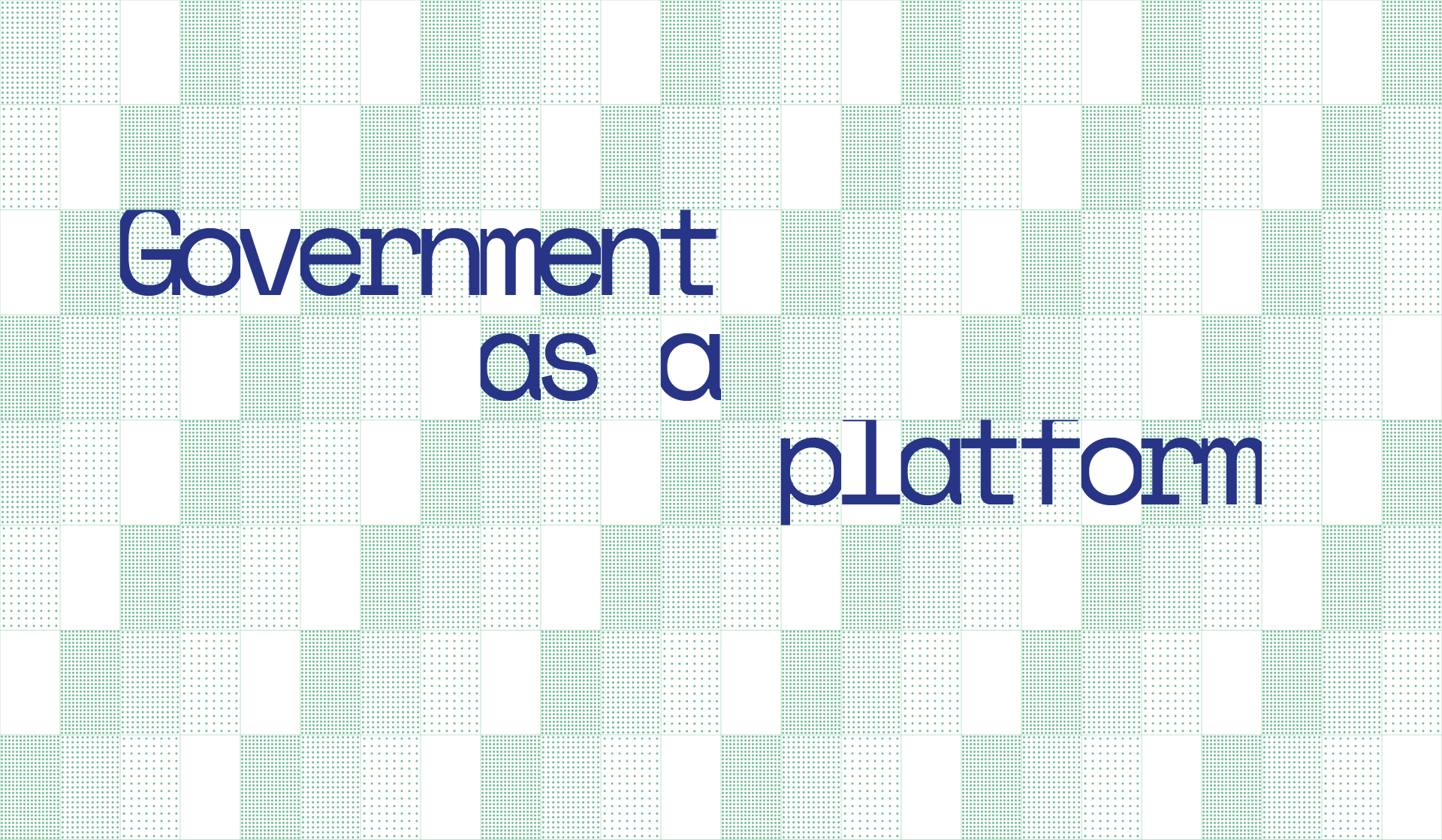

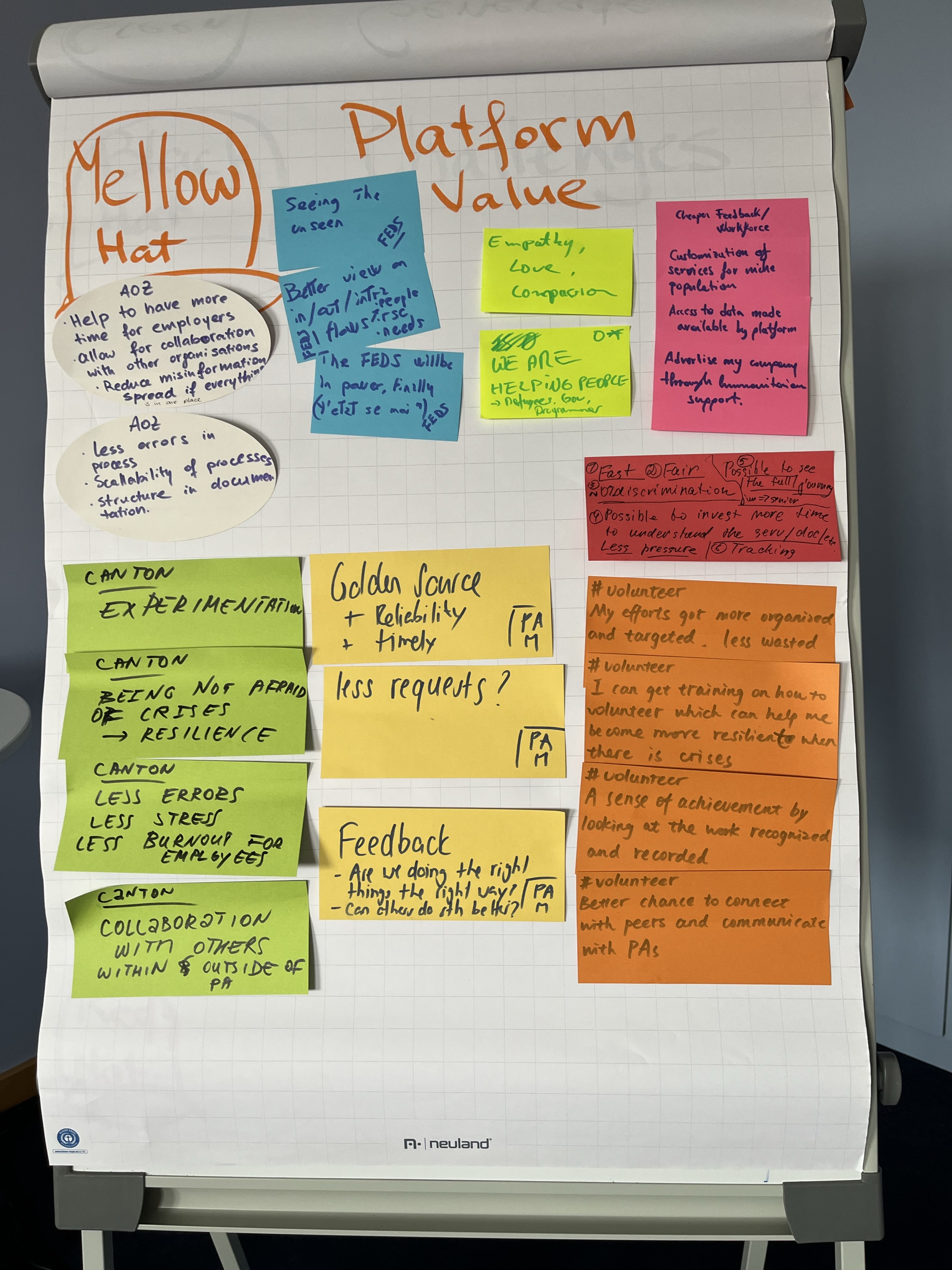
On February 10th, our team came together for a workshop focused on enhancing the impact and reflecting on public values of our digital platform supporting refugees during crises. The session, running from 13:00 to 17:00, brought together a diverse group of thinkers, each contributing unique insights and ideas to advance our project.
The workshop kicked off with a quick introduction by Zoya, setting the tone for an afternoon of collaboration and creative problem-solving. One of the workshop’s highlights was the 6 Thinking Hats session led by Zoya and Renjun, where participants explored the public value of our platform from multiple perspectives—ranging from emotional impacts to critical risks and opportunities. This method allowed the team to examine our project’s broader societal role while considering both its strengths and potential challenges.
After a brief break, Kilian presented a paper on chatbot integration, prompting an in-depth discussion on how AI tools, like chatbots, can be ethically and effectively embedded into our platform to support refugees. Post-break, Guillaume introduced a thought-provoking topic: the use of humor in humanitarian digital tools. His session shed light on the delicate balance between maintaining professionalism and creating a user-friendly, approachable interface that resonates with users in challenging situations.
We wrapped up the day with an “I like, I wish, I wonder” session led by Mila and Gianluca, giving everyone the chance to share their reflections. The positive feedback on the interactive workshop format showed how valuable collaborative, hands-on sessions are for driving innovation and reflection. This workshop underscored the power of interdisciplinary teamwork in developing digital tools that not only meet technical goals but also resonate with the communities.
Stay tuned for more updates as we continue to evolve and refine our project!
We are glad to welcome Tanja Gurtner from the Department of Informatics, UZH, who joined us in January and is now conducting her master’s thesis on designing a network analysis tool to make sense of complex stakeholder interactions in a crisis. Effective crisis response requires a network of heterogenous stakeholders to collaborate. However, integrating various capabilities while ensuring rapid response times, flexibility, safety, legitimacy, and fairness presents significant challenges. Addressing these challenges requires a comprehensive understanding of stakeholders, their relationships, and their interdependencies.
During a case study on the Ukrainian refugee crisis, our team collected valuable qualitative data - including interviews, media analysis, and surveys - describing these dynamics. Yet, this information is embedded in unstructured data, making it difficult to derive actionable insights.
To address this, Tanja is designing in her Master's thesis a tool that transforms unstructured data into visualizations, allowing the exploration and analysis of socio-technical networks. Her work aims to equip researchers and decision-makers with a tool that generates valuable insights, enhancing coordination in crisis response.
We are excited to share our team’s latest publication, “Data-driven intelligence in crisis: The case of Ukrainian refugee management,” authored by Kilian, Mateusz, Liudmila and Gerhard. This study explores how large language models and other advanced data-driven technologies can improve refugee support systems, particularly during crises.
The paper addresses the pressing challenge of efficiently managing refugee needs amidst rapidly changing circumstances. Leveraging data from public communication channels, the study introduces R2G (Refugees to Government) – an innovative digital tool powered by large language models, natural language processing and chatbot technologies. This tool allows policymakers to interact dynamically with refugee data, uncovering real-time insights through conversational queries and visual dashboards.
Key contributions of the research include:
The research also outlines policy recommendations for the ethical use of community data, integration of advanced natural language processing techniques in public governance, and fostering a data-driven culture in crisis management.
Read the full publication here to dive deeper into the findings and recommendations.
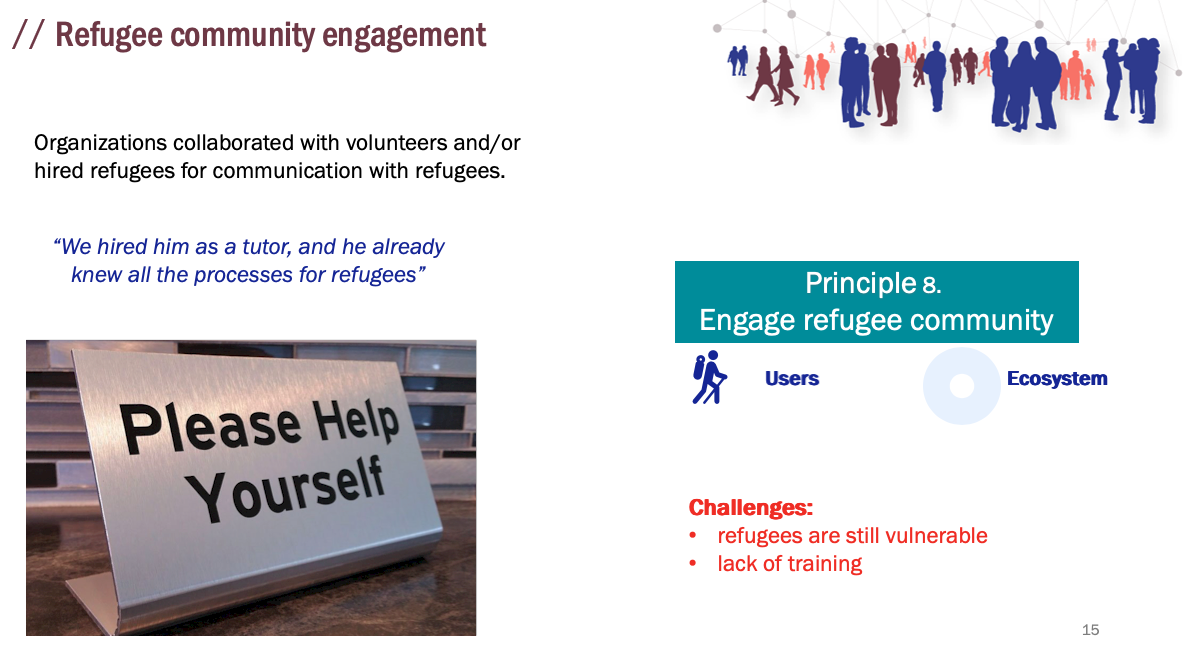
On 5th of December, our project team hosted a vibrant community meeting, bringing together stakeholders from academia, industry, and government to discuss the future of the Government as a Platform (GaaP) initiative. Inspired by Estonia’s innovative digital governance system, the focus was to discuss how lessons from Estonia could be adapted to Switzerland’s unique federal structure.
The meeting opened with Sasha’s presentation of the project’s progress and a comparative background analysis between Estonia and Switzerland, offering insights into building resilient, inclusive platforms. A key of the discussion was the 10 Principles of GaaP for Resilience, which was summarized from the interviews with Estonian stakeholders. During the interactive session, participants engaged in dynamic discussions and voted on the three most important principles in Swiss environment:
The voted results underscored the relevance of these principles in a Swiss context, providing guidance as we move into 2025. With a focus on technical implementation, further user testing, and collaborative refinement, these principles help us to shape the next stages of our platform development.
We extend our gratitude to all attendees and look forward to continuing this journey together. Stay tuned for more updates as we advance the GaaP project!
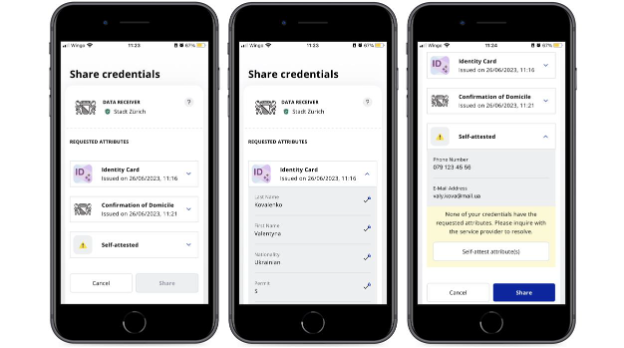
We are pleased to share that our team member Sasha, along with Gerhard Schwabe and Liudmila Zavolokina, recently published a paper at the International Conference on Information Systems (ICIS) titled “Resilience in Times of Crisis: Empowering Refugees with Self-Sovereign Identity”.
This research delves into the potential of Self-Sovereign Identity (SSI) to empower refugees and support public administration by providing a secure, decentralized approach to identity management—especially crucial in crisis situations. SSI empowers refugees by granting them control over their digital identities and personal data, thus enhancing privacy and reducing reliance on third-party verification. This work highlights how SSI can serve as a transformative tool in humanitarian contexts, helping vulnerable populations maintain autonomy and dignity.
The paper is available on ResearchGate. We invite those interested in digital identity, crisis resilience, and humanitarian technology to explore this study.
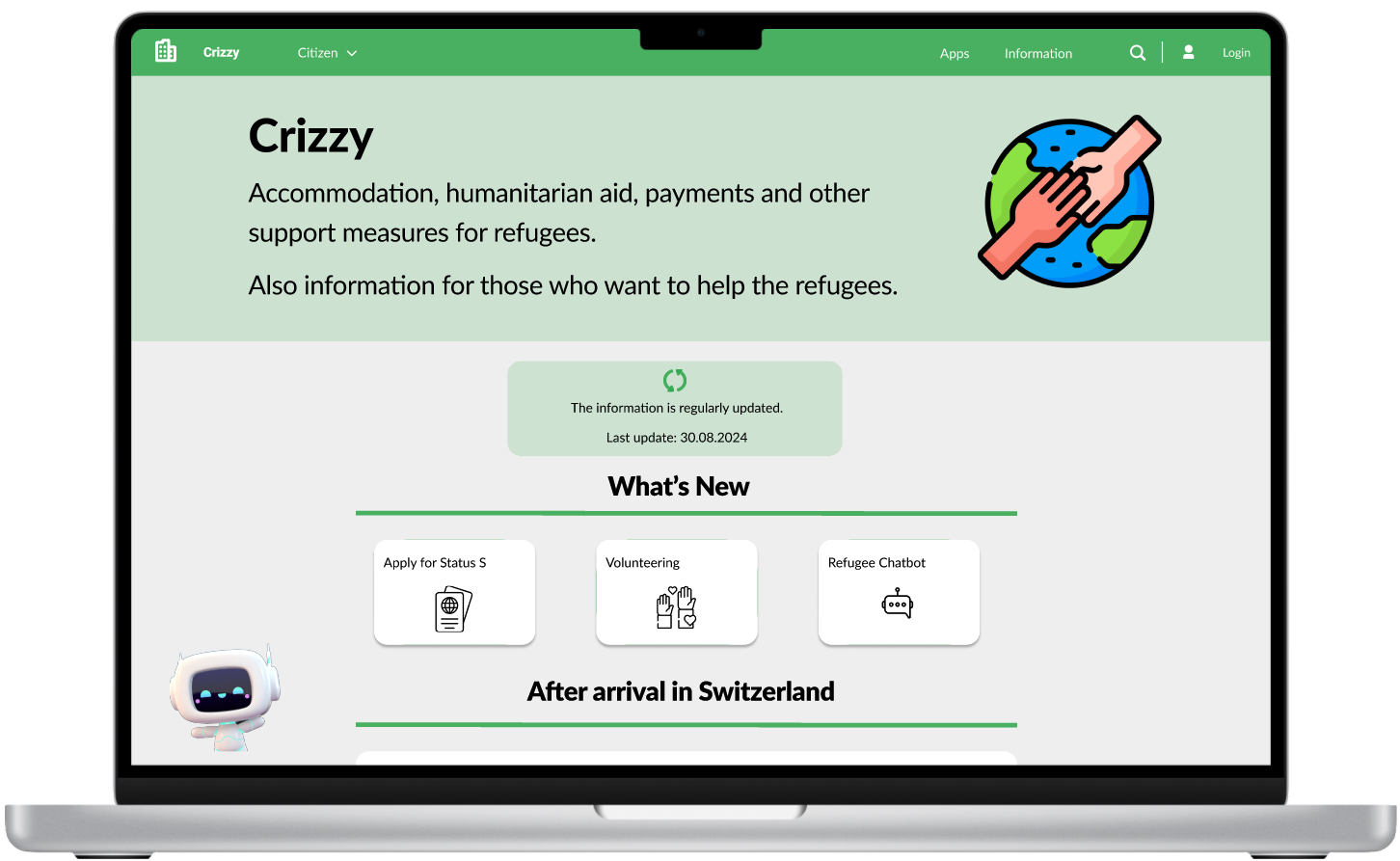
On October 1, 2024, our project team held an insightful community meeting, engaging approximately 20 participants from academia, industry, and beyond. The meeting agenda included an introduction round, a project overview, a prototype demonstration, and an in-depth discussion on platform governance and ownership models.
The interactive session highlighted discussions on potential governance structures and the role of a platform owner. Participants shared valuable insights through Miro, focusing on effective ways to ensure accountability, adaptability, and inclusiveness in crisis response applications. These discussions will guide the development of a resilient and responsive digital governance platform for crisis management.
We extend our gratitude to everyone who joined and contributed, helping us shape the future of the “Government as a Platform” initiative.
Check our discussion topics here in Miro: https://miro.com/app/board/uXjVLYh-gPs=/?share_link_id=457303990176
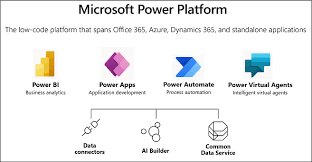
We are excited to welcome Colin Dean Frutschi from the Department of Informatics, UZH, who joined us in September and is now conducting his master’s thesis on Low-Code Development Platforms (LCDPs) for municipal crisis resilience. His research delves into how LCDPs can enable rapid application development through graphical interfaces, reducing the need for traditional coding—a crucial advantage during crises that demand swift adaptability.
By empowering “citizen developers” to create and customize applications, LCDPs could address developer shortages and enhance municipal agility in crisis response. Colin’s work will contribute valuable insights on how LCDPs might strengthen municipal resilience, broadening participation in crisis management and supporting adaptive governance.
In early July, our research team gathered for a three-day workshop focused on advancing our “Government as a Platform” (GaaP) initiative. This collaborative event allow us to discuss platform prototyping, ethics in public administration technology, and effective governance frameworks for supporting refugee communities.
The workshop commenced with an open discussion session led by Sasha, where the team reviewed other GaaP solutions and discussed innovative approaches in platform design. As the day continued, we engaged in deep dives into ethics and publication planning to ensure our project adheres to strict ethical standards while maintaining research transparency.
Day two featured an in-depth prototype demonstration led by Zoya and Renjun, exploring the applications of low/no-code technology and large language models (LLM) for public administration tasks. Later, we shifted our focus to strategic planning, examining governance models and agile methodologies to enhance collaboration between university teams and community partners.
Our workshop concluded with a wrap-up session to outline next steps and align our project vision with forthcoming objectives. The team reflected on the progress made and set actionable plans for the upcoming year, looking forward to making a tangible impact through our research.
This workshop was a pivotal step toward developing a GaaP platform that addresses the needs of vulnerable communities, driven by an interdisciplinary, ethical, and collaborative approach.
In March, Liudmila Zavolokina and Cédric Merz (Ergon AG) had a chance to present their work "Resilience in times of crisis - electronic identities for refugees from Ukraine" at the monthly E-ID Participation meeting of Bundesamt für Justiz BJ.
Currently, in Switzerland a work on the e-ID project is underway, which aims to establish a system of state-recognised, electronic credentials (e-ID) and introduce the associated legislation. The self-sovereign identity (SSI) approach is being pursued. This allows decentralised data storage at the individual user's premises. The data is only stored on your mobile device and it is up to you to decide what data you transmit to whom. As part of this initiative monthly participation meetings are held as a video conference. In the meetings, the current status of the e-ID project is presented and usually external experts to present e-ID-relevant topics.
In their presentation, Liudmila Zavolokina and Cédric Merz showcased how SSI technology could be utilised for early identification of refugees in Switzerland and improve data exchange between private individual and public administration officies. Their research was carried out within the "Goverment as a Platform" project funded by DIZH
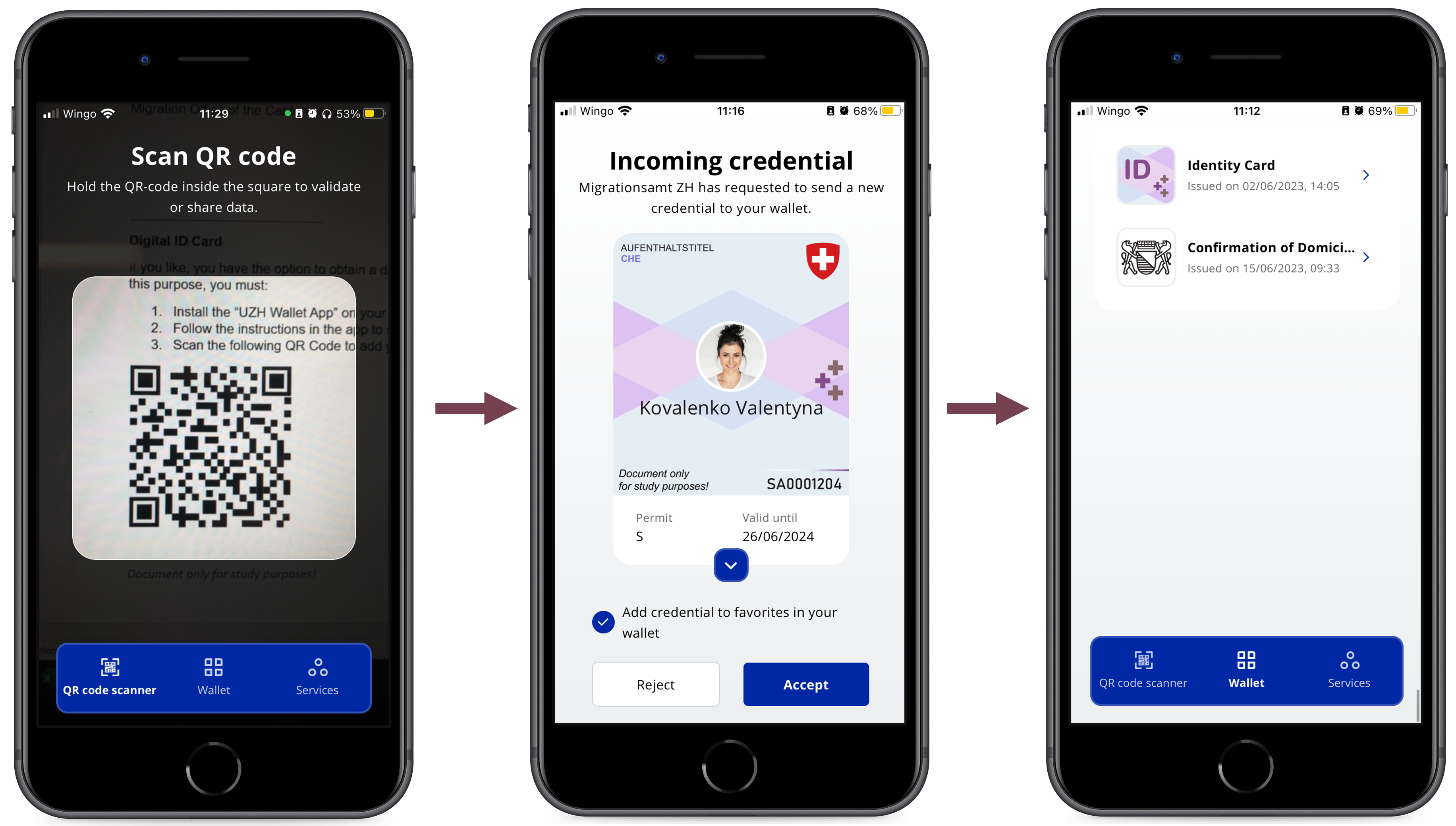
Late August “Government as a Platform” research group has held a presentation of a pilot project on the potential usage of SSI technology for issue of digital IDs for the refugees in Switzerland. The results were presented to the practice partners from the Swiss software companies Ergon AG and Procivis as well as to the representative from the canton of Zurich and our colleagues from ZHAW. The presentation took place in UZH. The follow-up steps for the usage of SSI technology within the “Government as a Platform” project as well as in Switzerland in general were discussed. The importance and potential of the proposed topic was shared between the participants, and it was agreed that the further research in the field is needed in collaboration between technology providers, governmental organizations and research initiatives in order to work out a suitable solution.
Currently SSI is a widely discussed topic in the field of digital identity. In Switzerland the Public Sandbox Trust Infrastructure based on the SSI technology is currently being tested as the base for the national eID.
Website: https://www.eid.admin.ch/en/why-do-we-need-participation









Partners